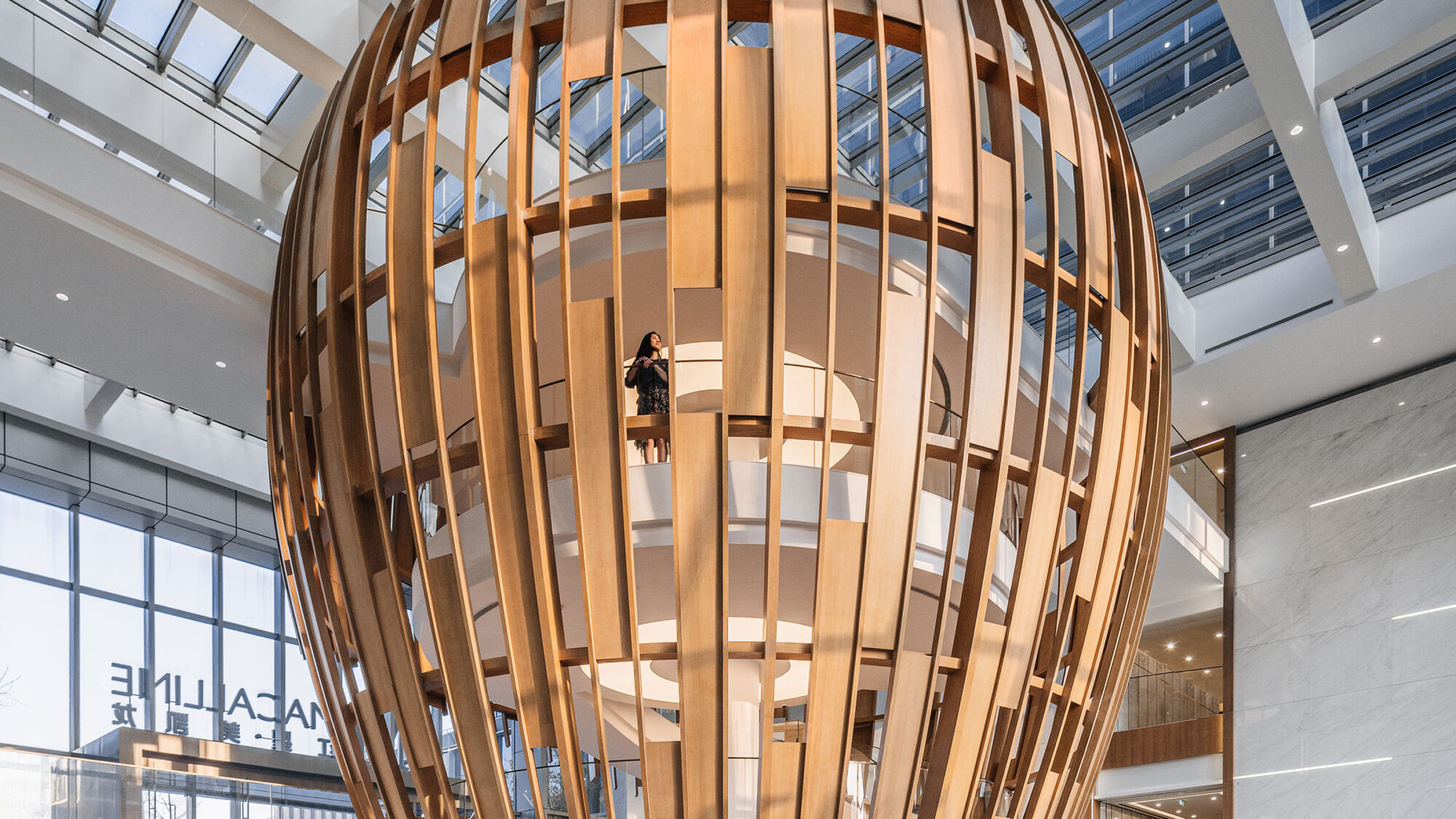

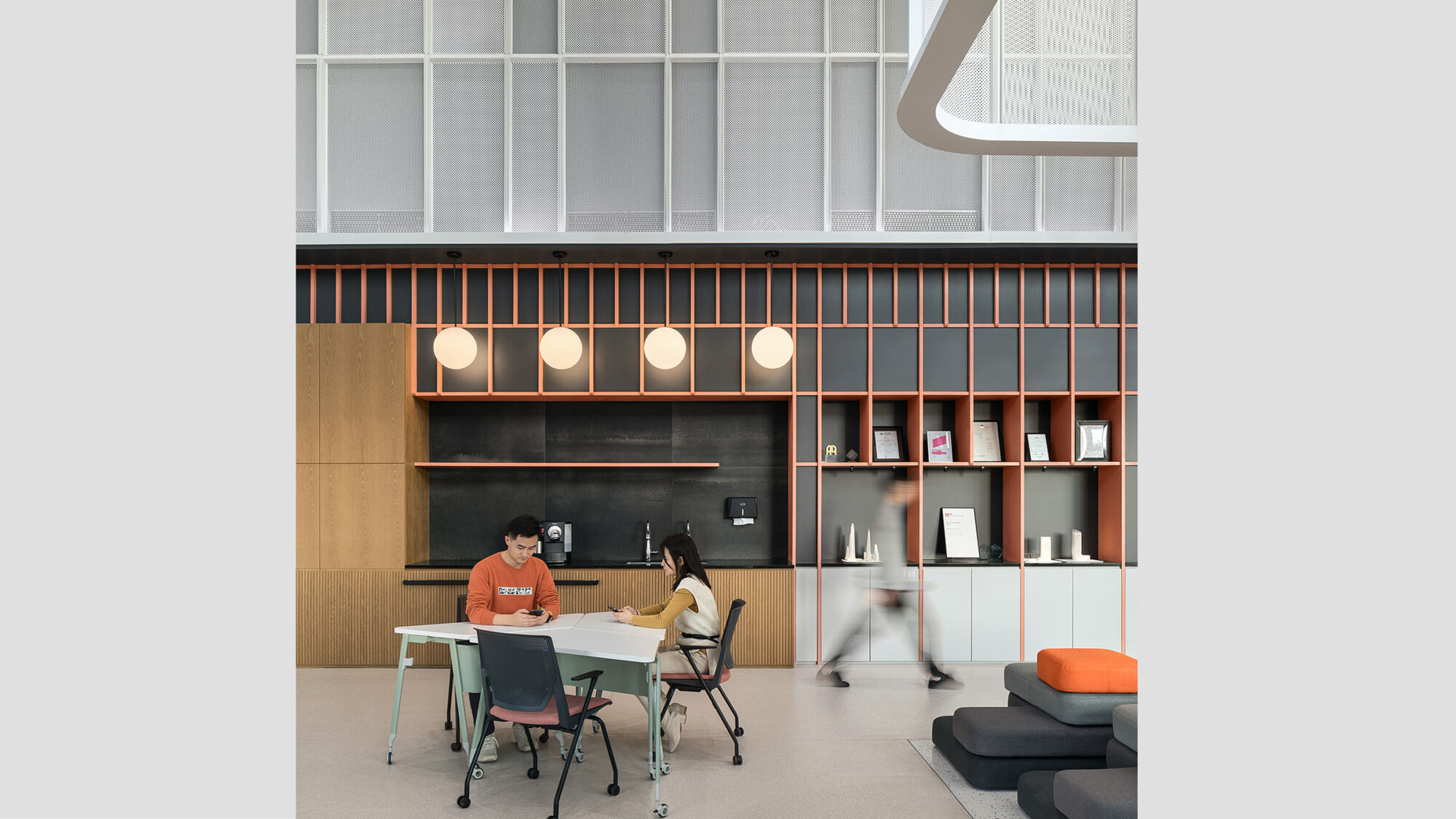
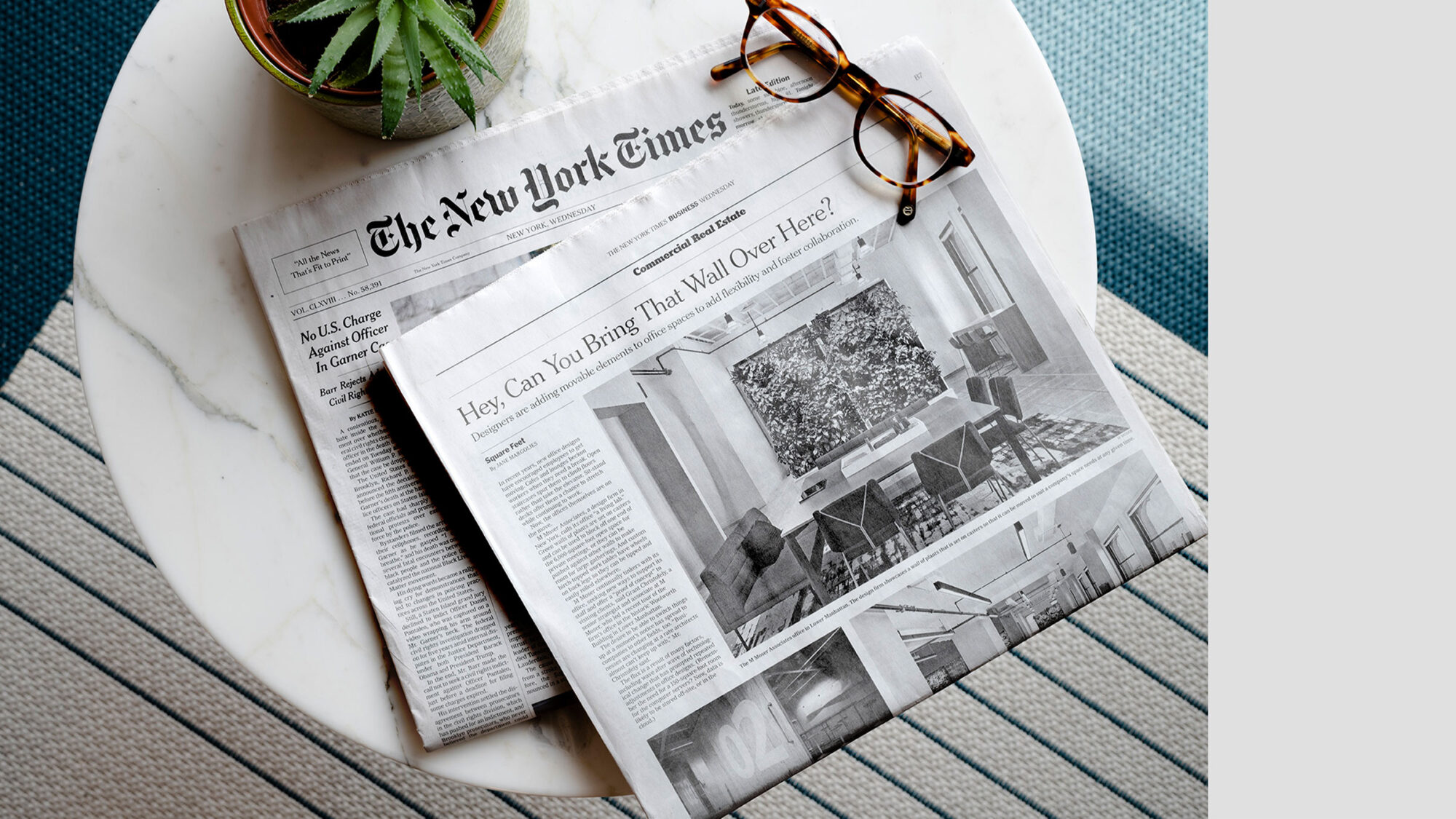
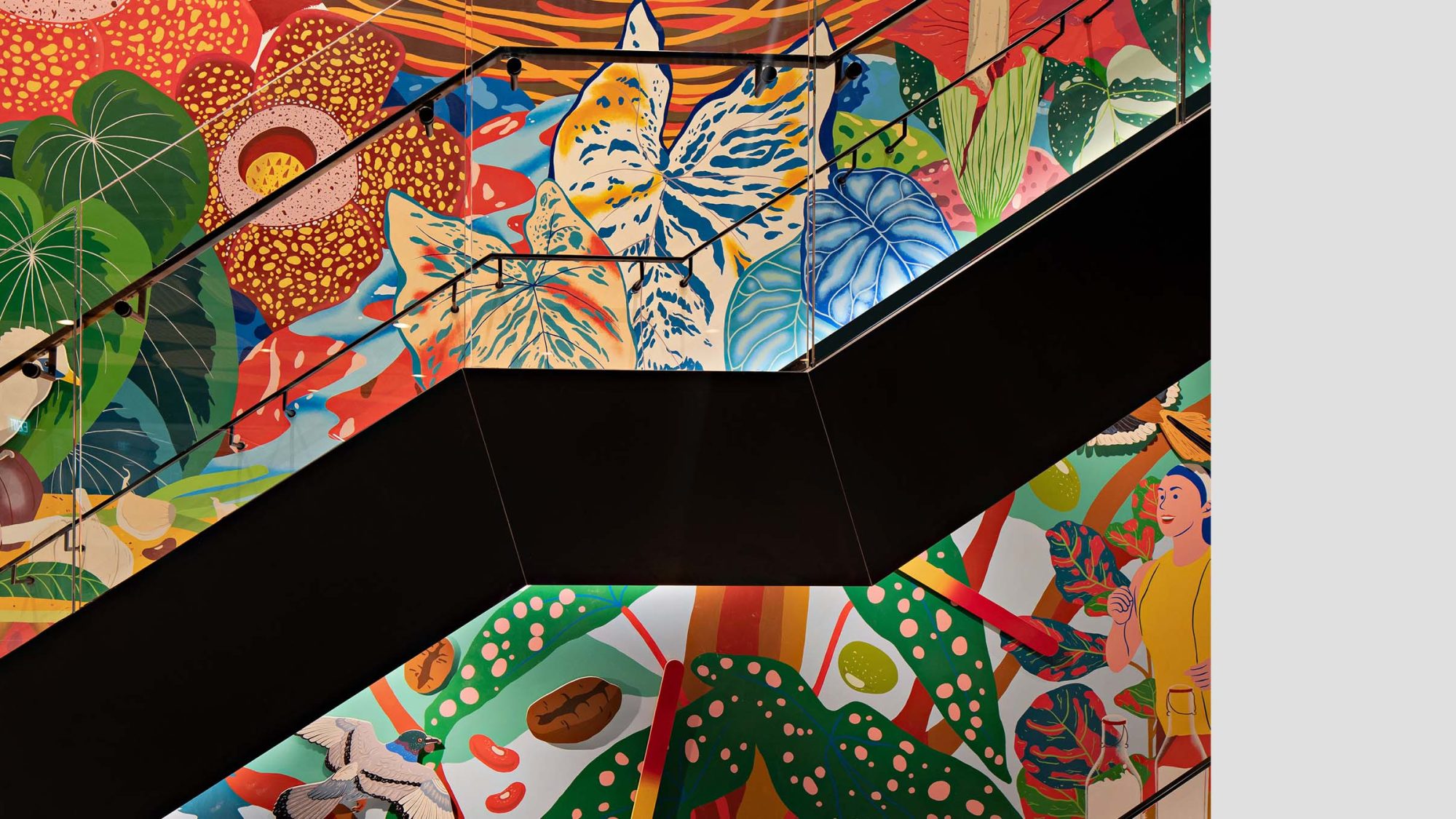
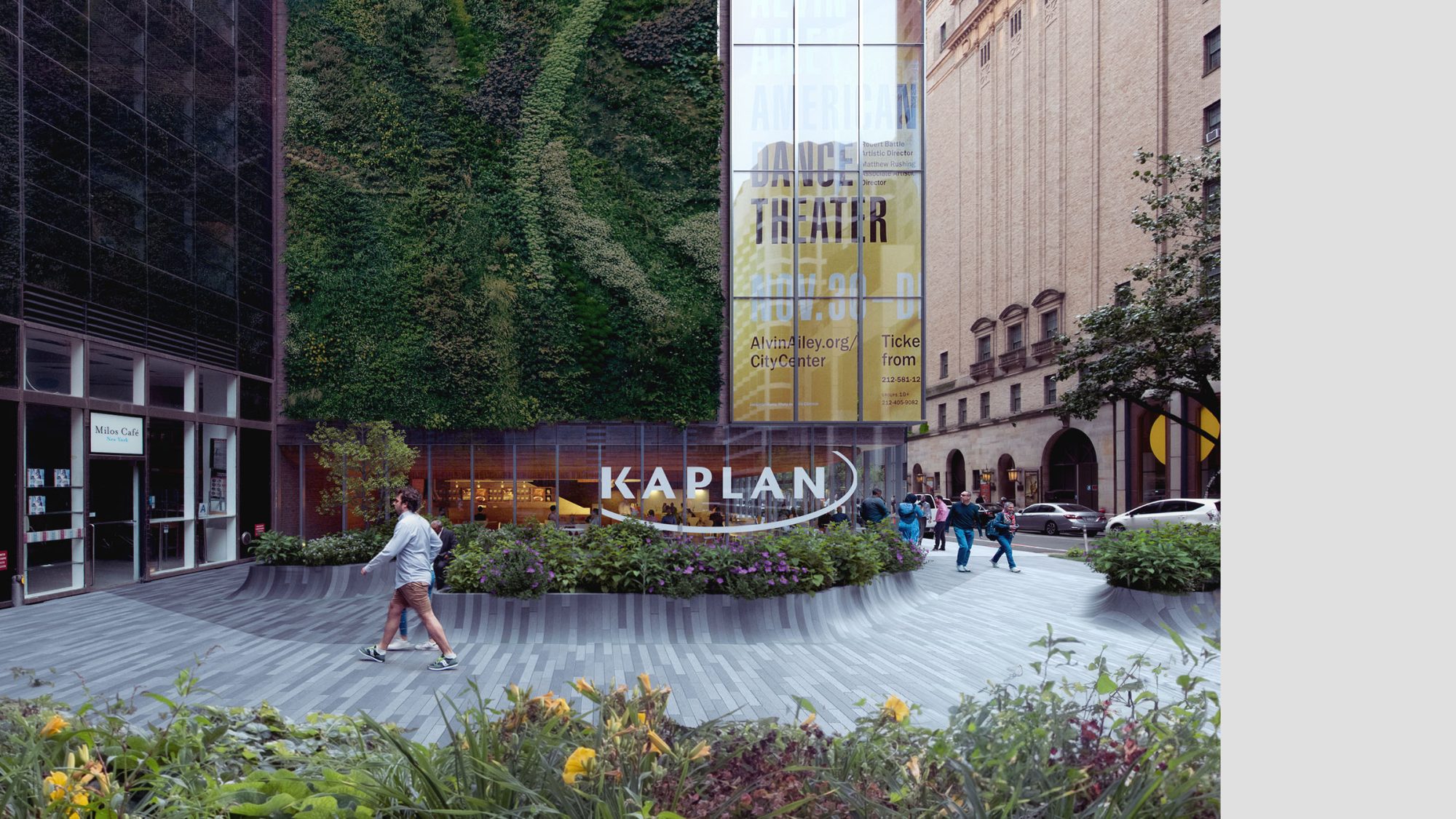
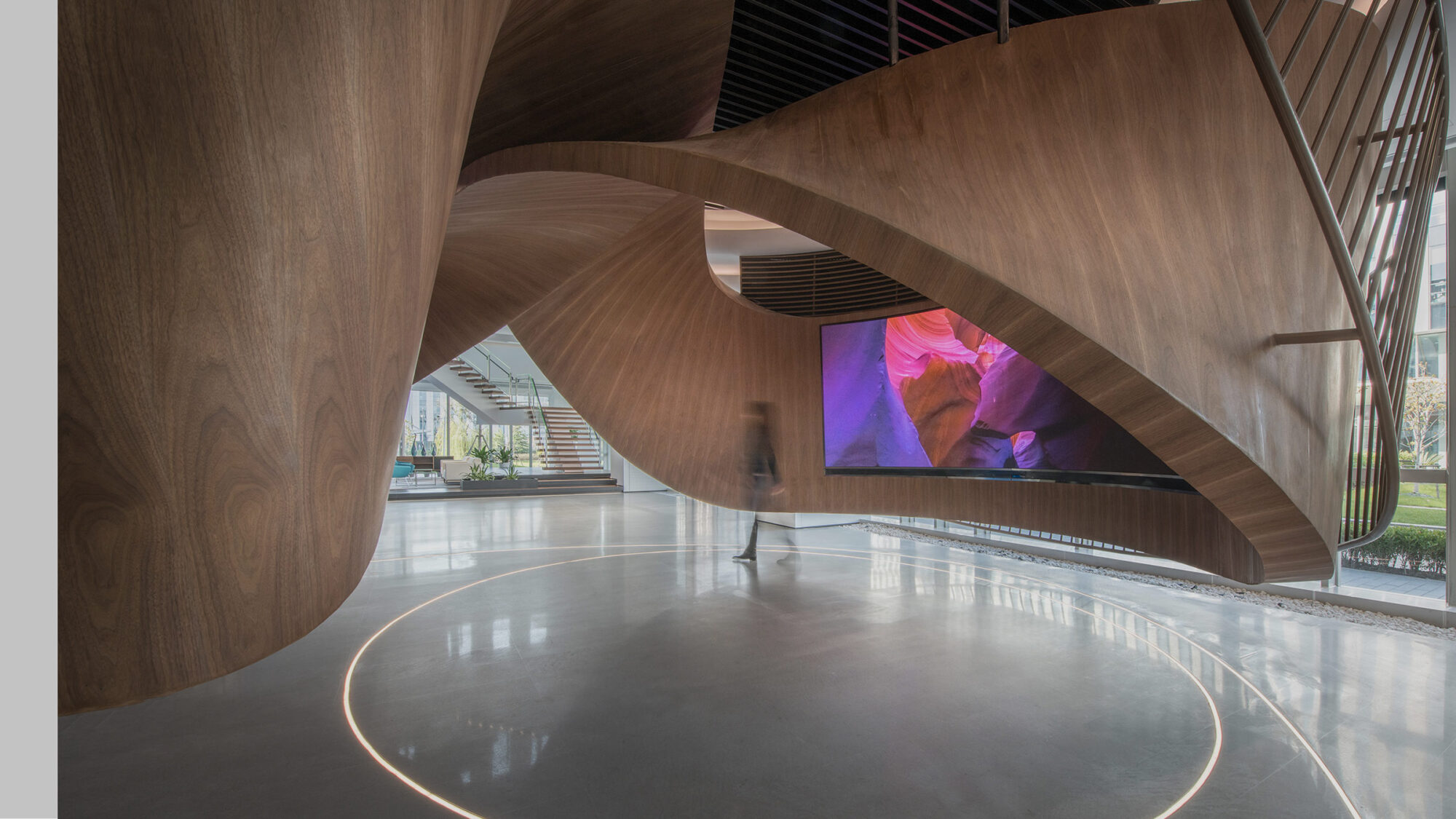
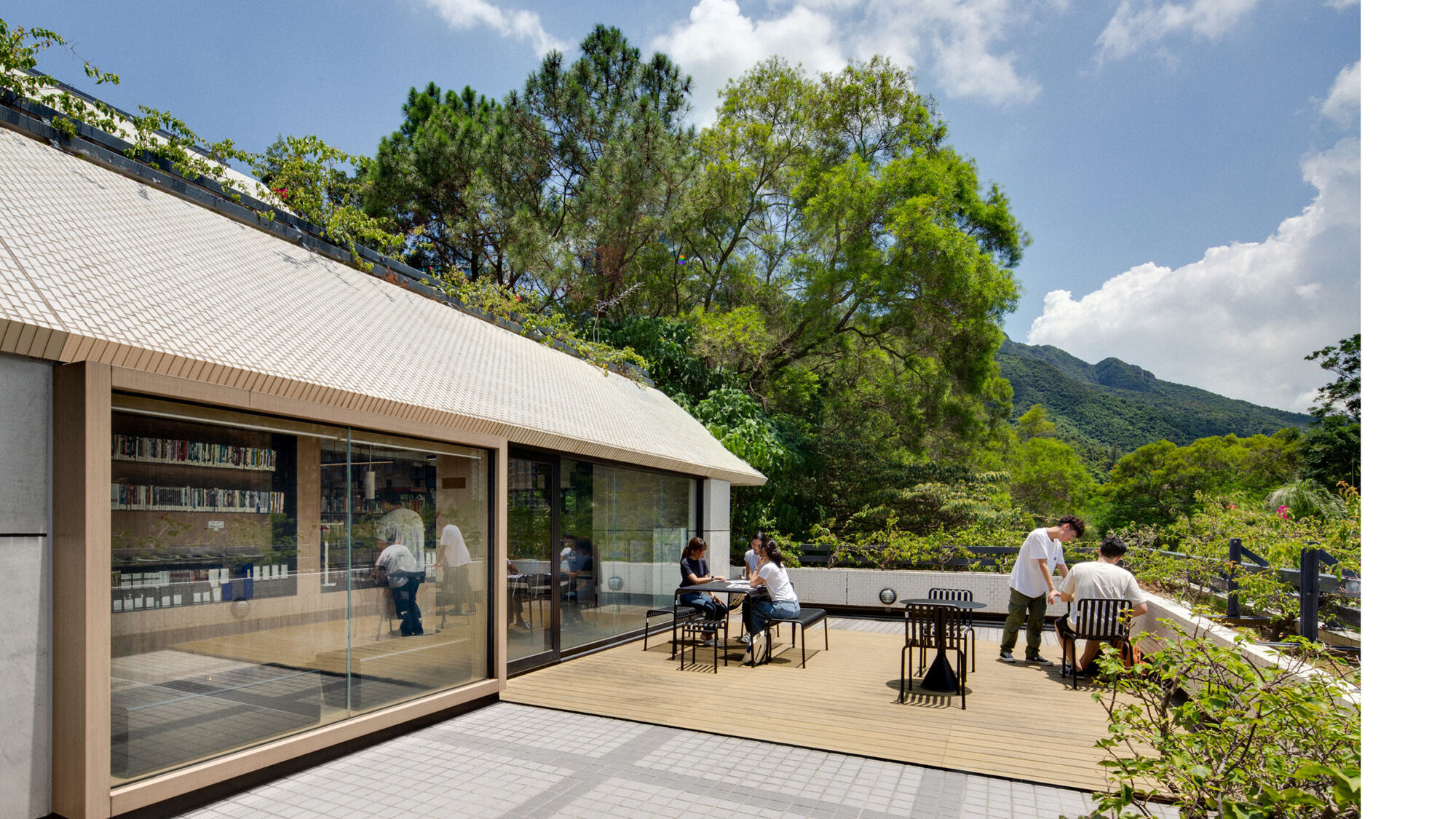
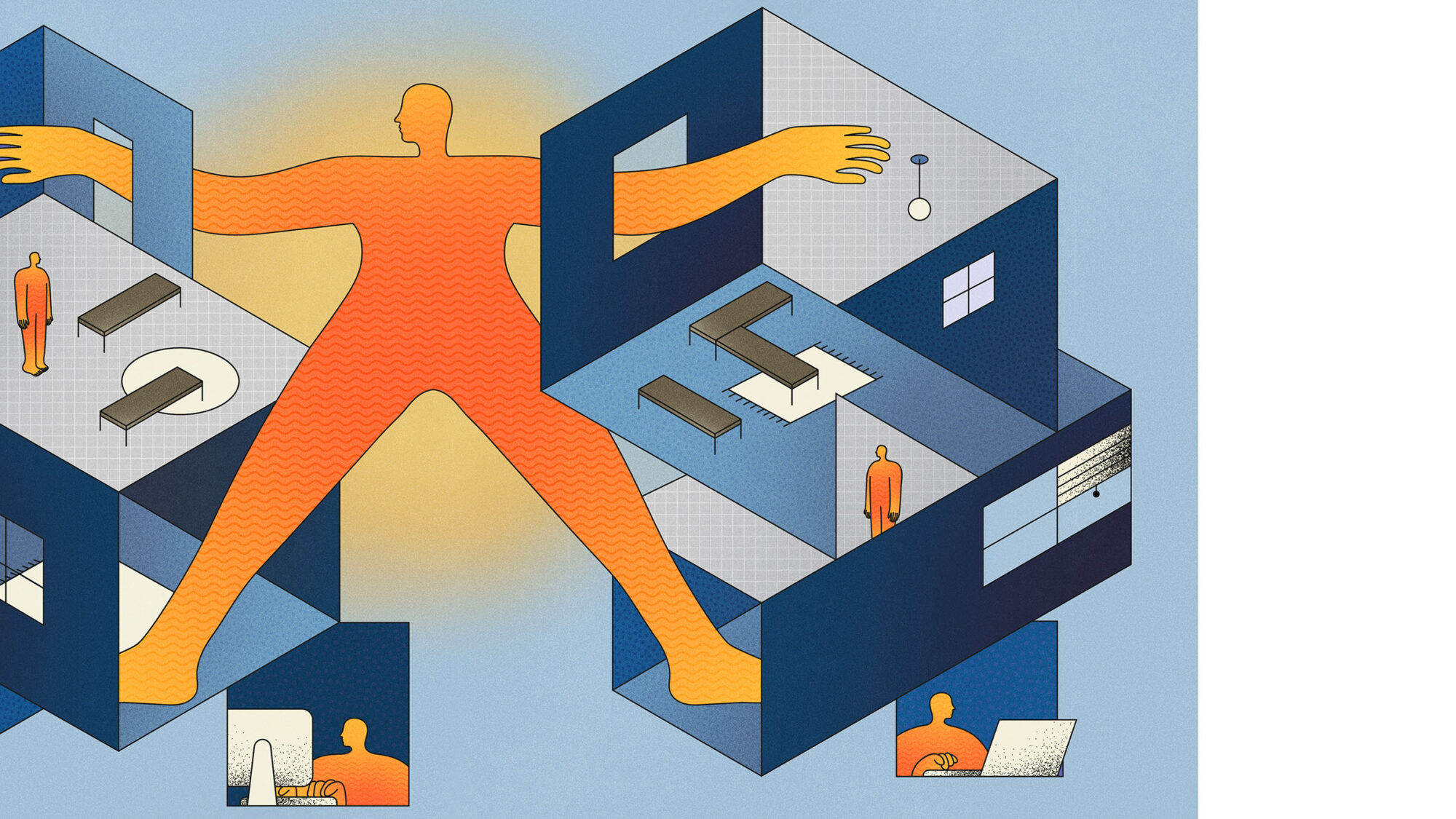
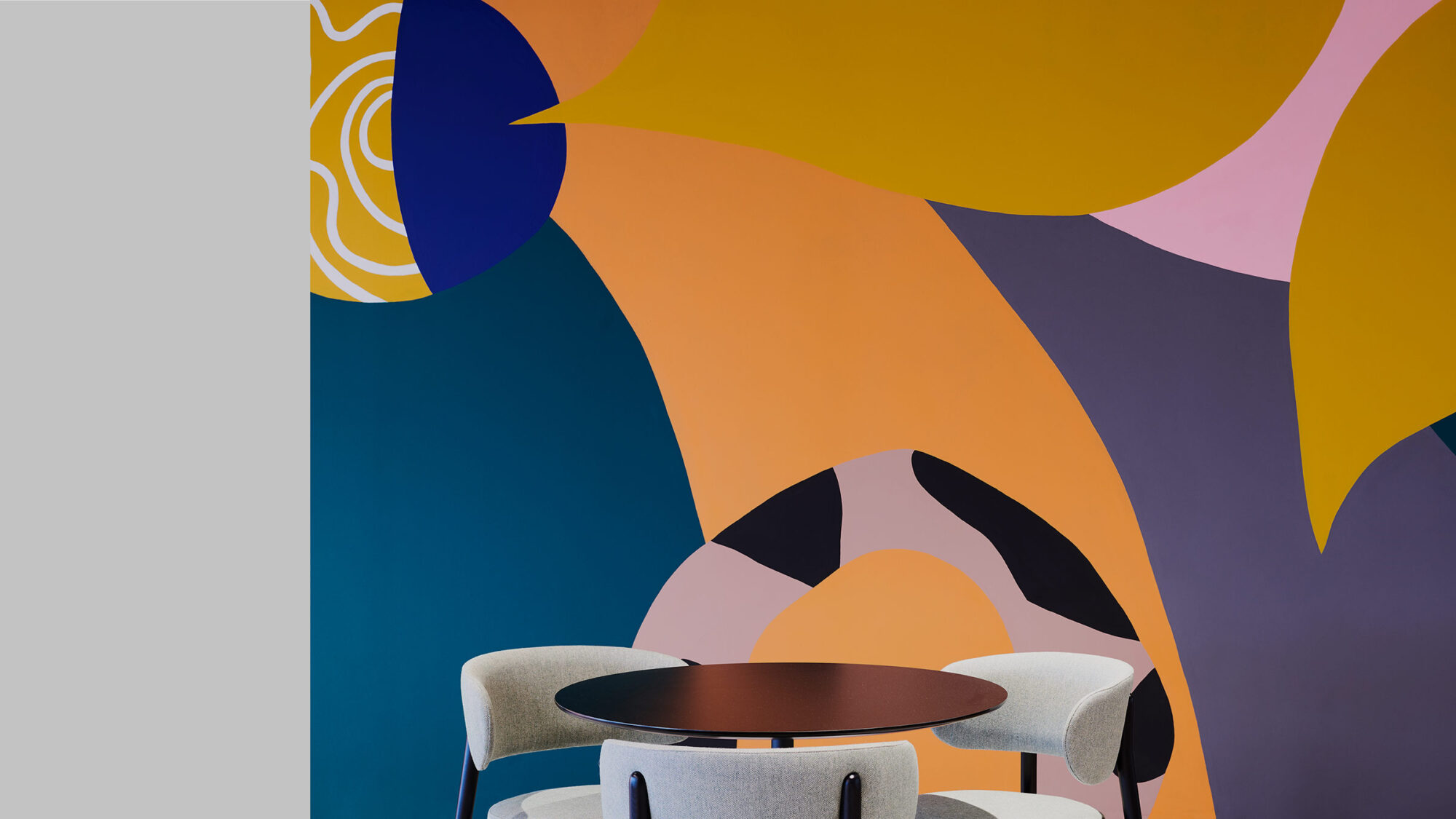
At Clerkenwell Design Week 2025, M Moser led four engaging sessions exploring the ideas shaping the future of work.
From hospitality-inspired experiences to inclusive design that supports neurodiversity and the sensory preferences, our team explored how workplaces are adapting to better meet people’s evolving needs
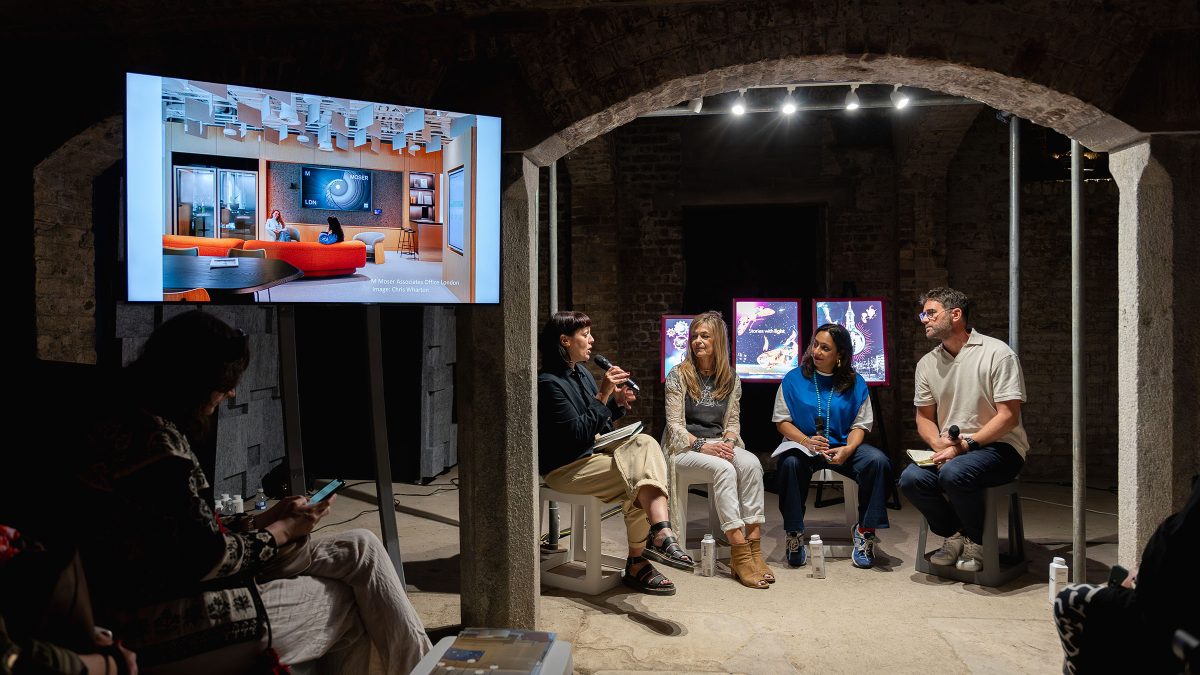
We began the week with Hotelification of the Workplace, hosted by darc media, where Gurvinder Khurana joined a panel exploring how hospitality design is transforming the modern office. As organisations embrace hybrid work and experience-led culture, workplaces must do more than provide a desk. They need to welcome, inspire and reflect a company’s identity. Drawing on hospitality cues, today’s offices prioritise comfort, service, flexibility and atmosphere to support wellbeing and create a sense of belonging. From gyms and wellbeing rooms to warmer lighting and club-like lounges, today’s office is a destination designed for people, not just productivity.
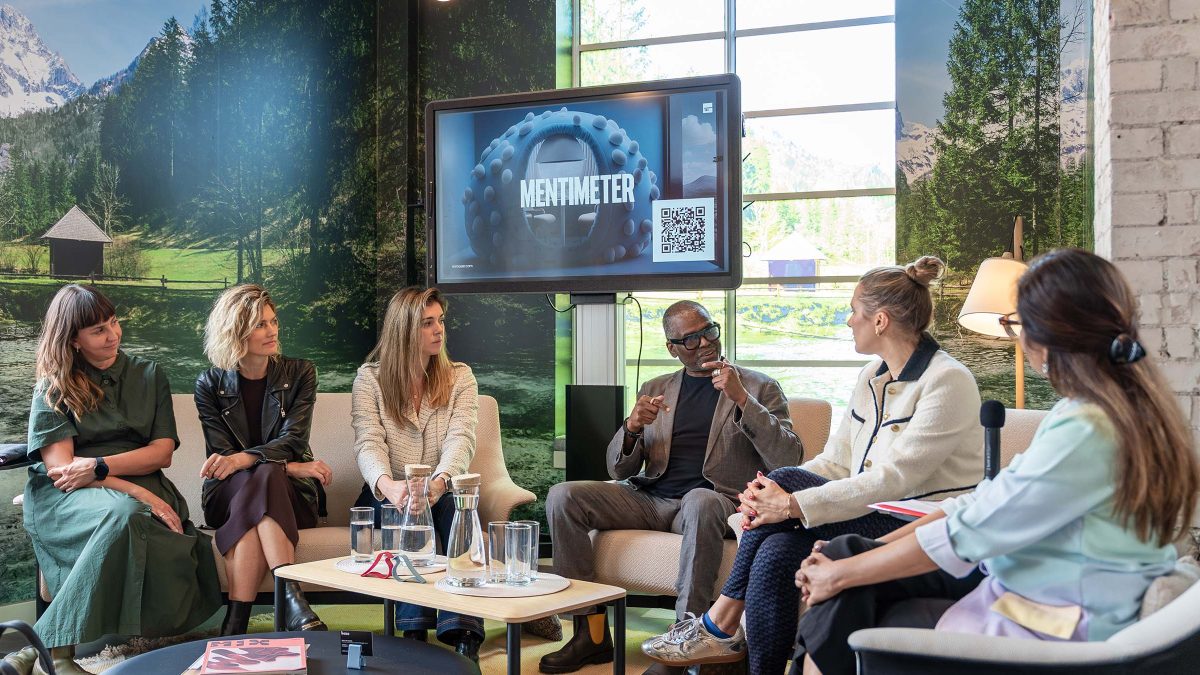
In Designing for the Senses, a panel hosted by Women in Office Design, Jeni Durksen and Marianna Anelli explored the impact of sensory elements in the workplace. They discussed how outside views, lighting, materiality, texture and acoustics can transform a space into an engaging experience. Sensory design needs to be strategic. It can influence behaviour, improve comfort and support emotional connection, helping people feel grounded, energised or focused depending on their task and environment.
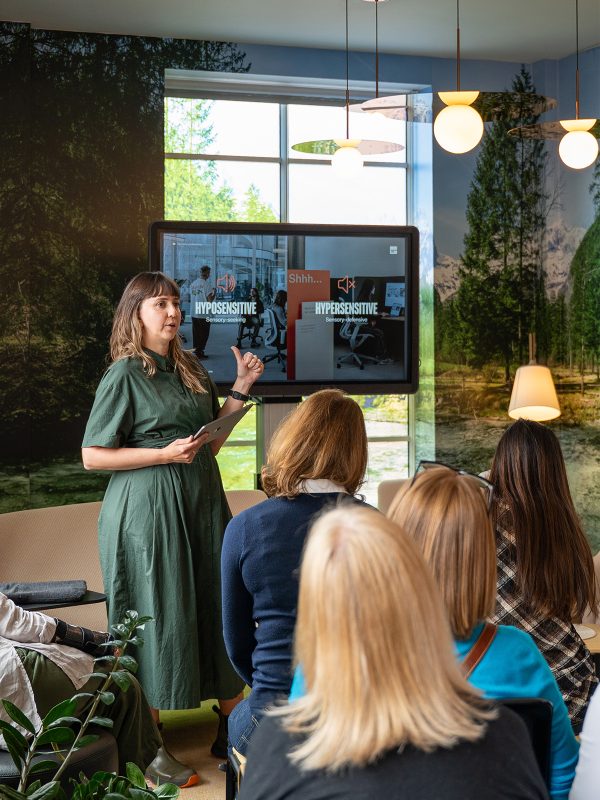
Later that day, Frances Gain joined Metropolis for Designing for Brain Health with Neurodiversity in Mind. What was once a niche consideration is now an essential factor in workplace design. With growing awareness and openness around neurodiversity, organisations are recognising the need for environments that support a range of sensory sensitivities, behaviours and preferences. Gain shared how we can design for the full spectrum of human experience through co-creation, micro-environments and greater user choice.
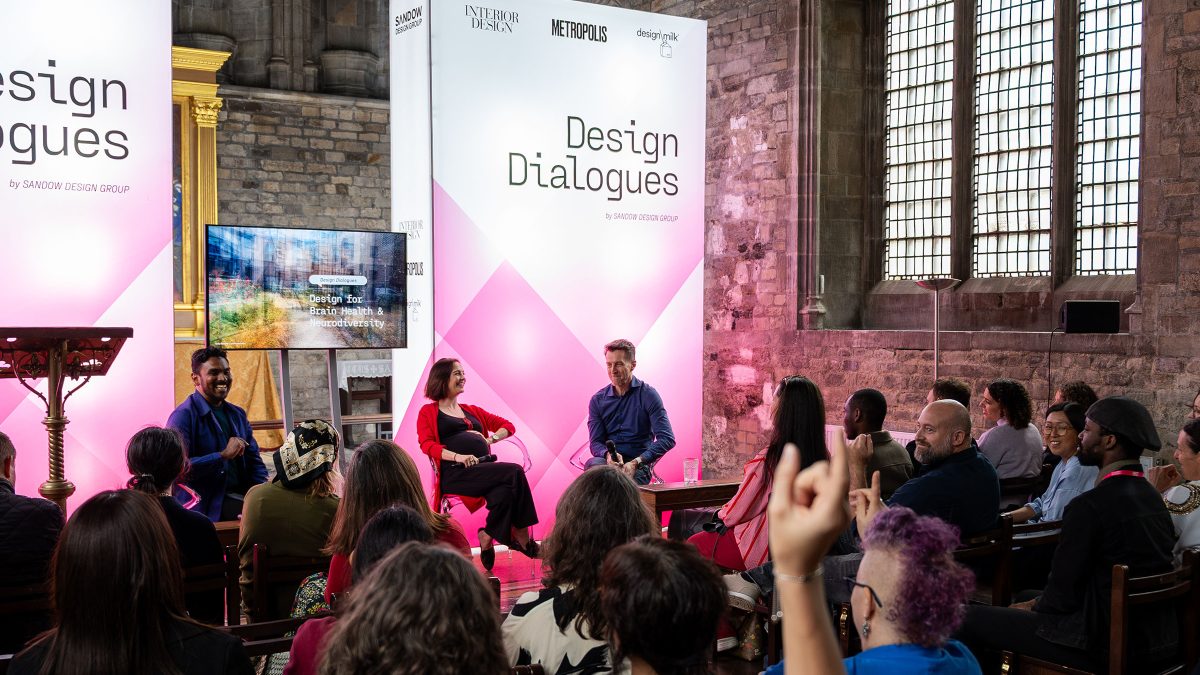
We finished the day at the Modulyss showroom, where Gurvinder Khurana and Kim Morgan delivered a keynote exploring the role of neuroaesthetics. From circadian lighting to intuitive layouts, they shared how workplaces can respond to our psychological and physiological states, helping people feel calm, stimulated or supported throughout the day. Integrating neuroscience into design strategy allows for more intelligent, human-centric environments that adapt in real-time to people’s needs.
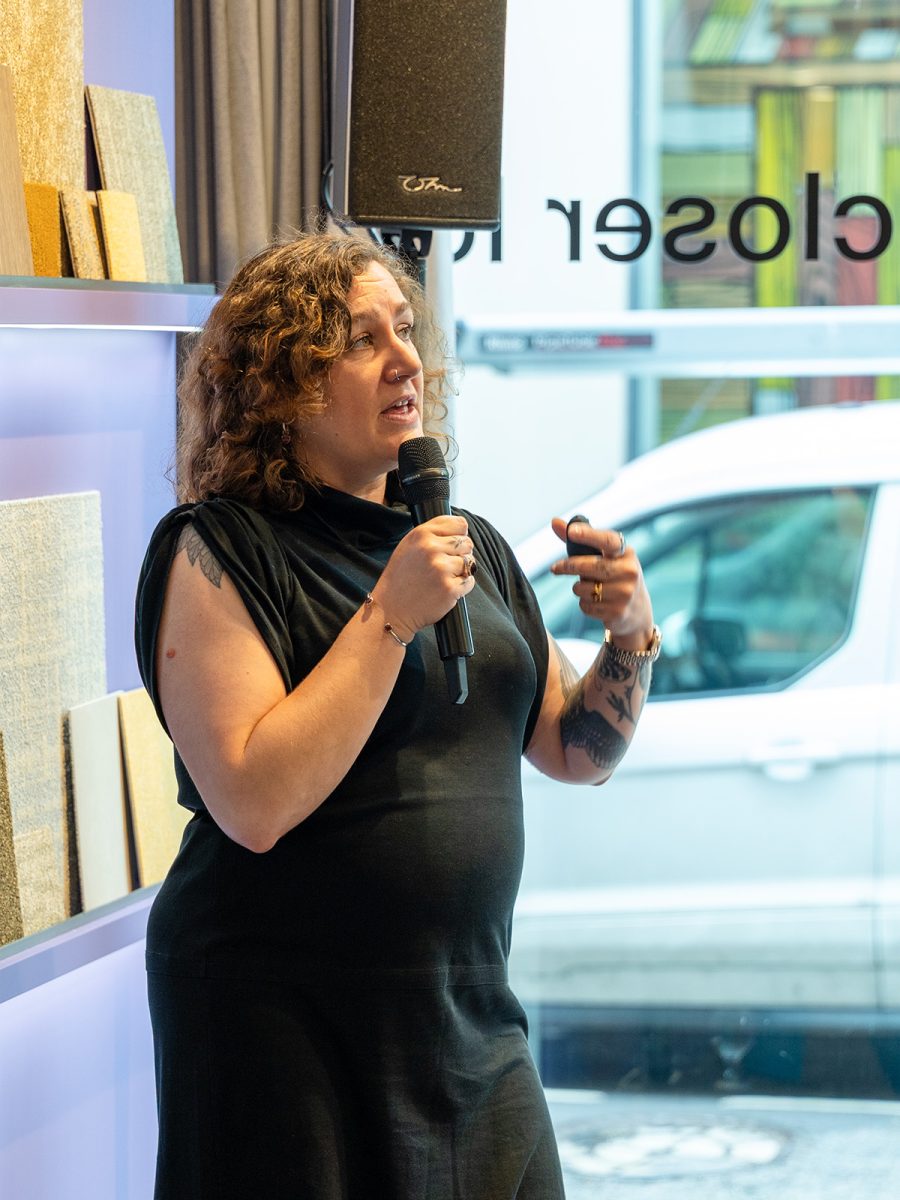
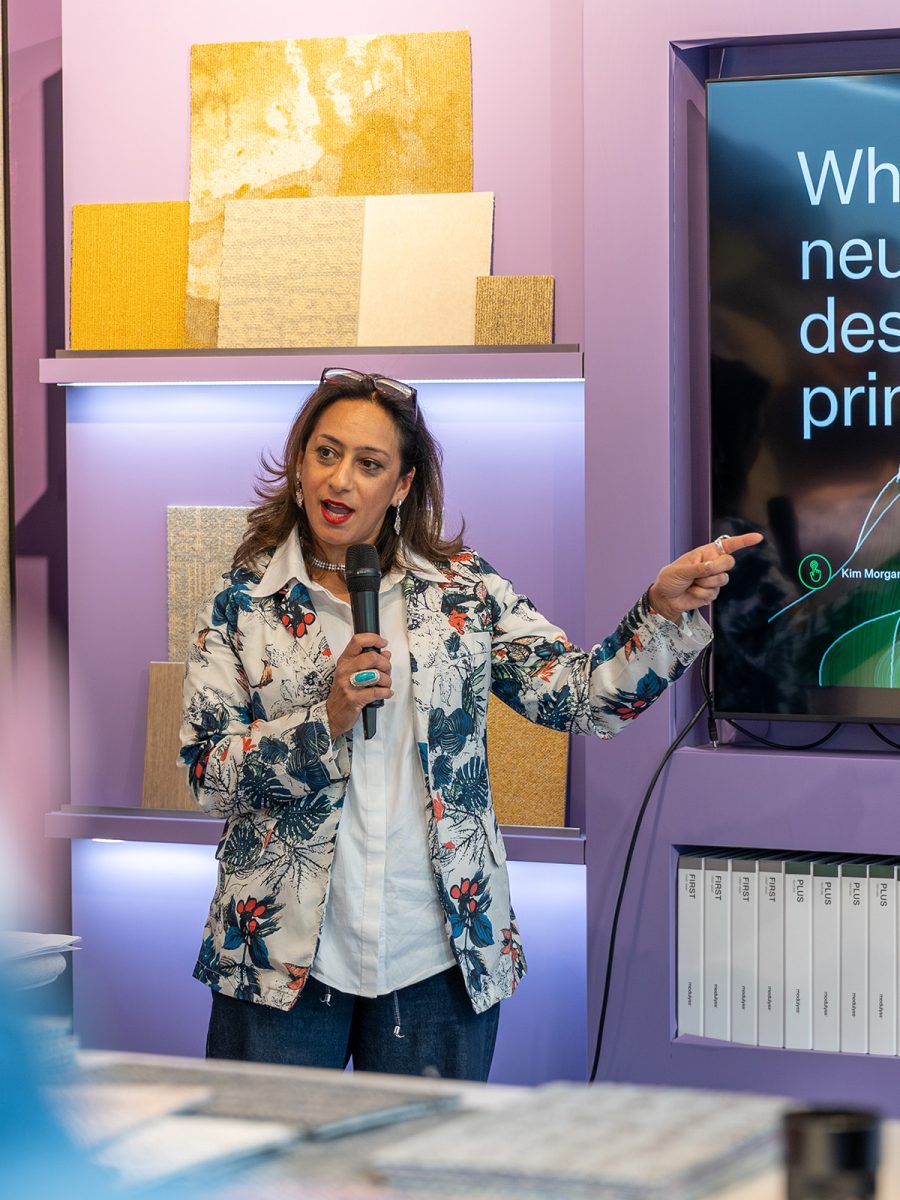
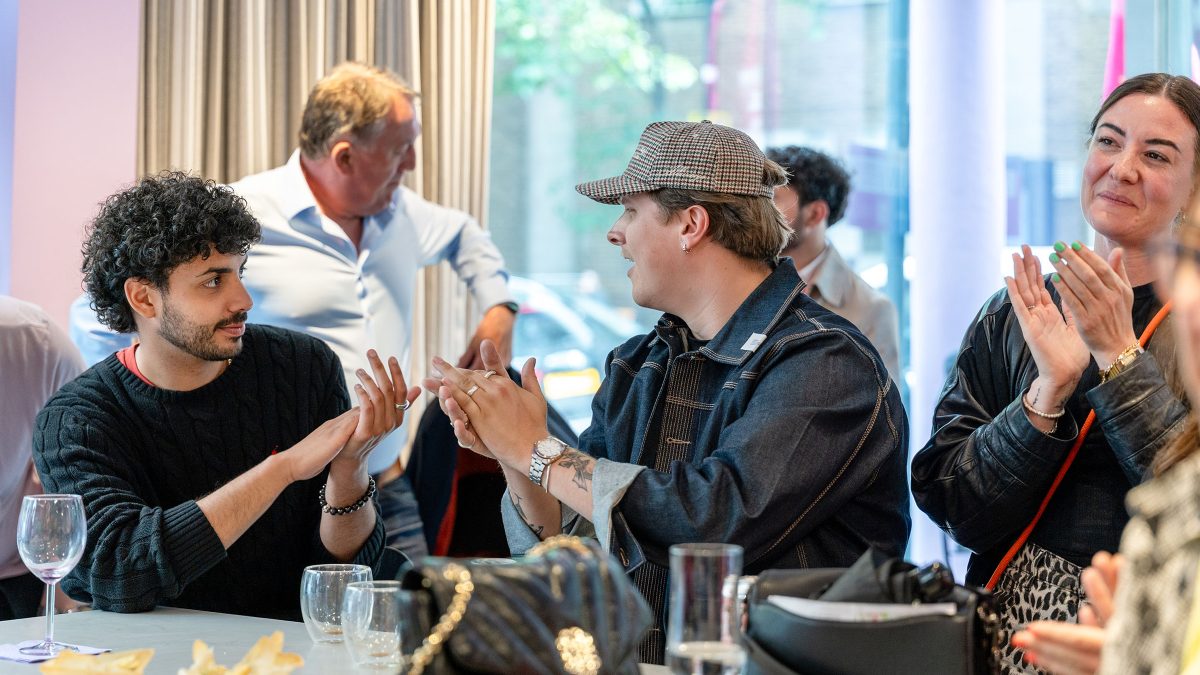
All four sessions shared a common thread: workplace design is becoming more human, more sensory and more inclusive. Whether it’s bringing in elements of hospitality, designing for the senses, supporting neurodiversity or building in more flexibility, the goal is the same. To create spaces where people feel supported, do their best work and want to come back to.
Thank you to everyone who joined us, asked questions and shared in these conversations.
Want to learn more about our approach to human-centric design? Get in touch or explore our ideas.